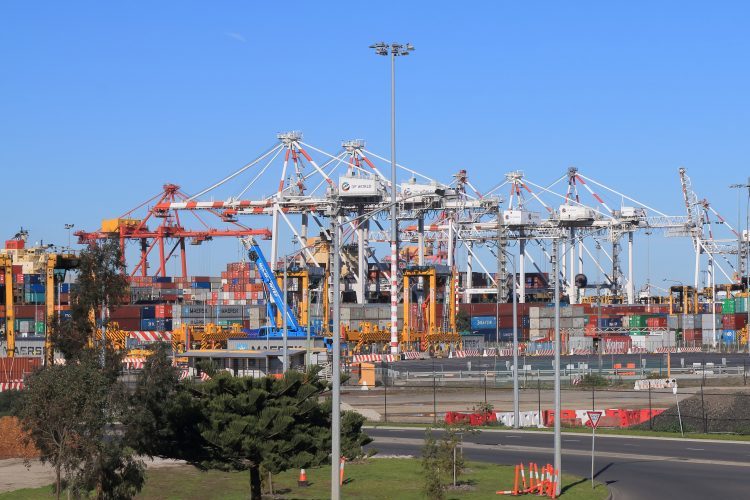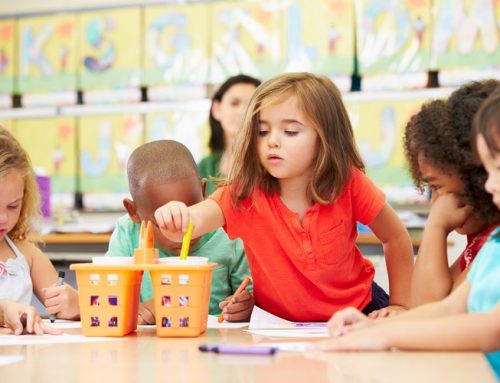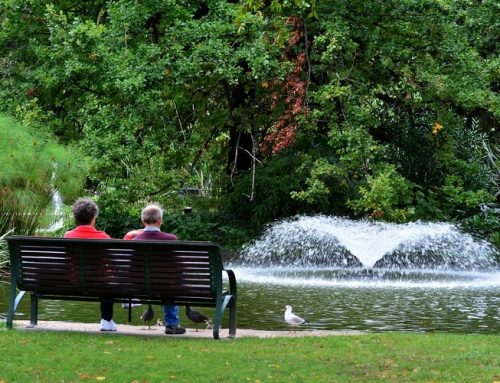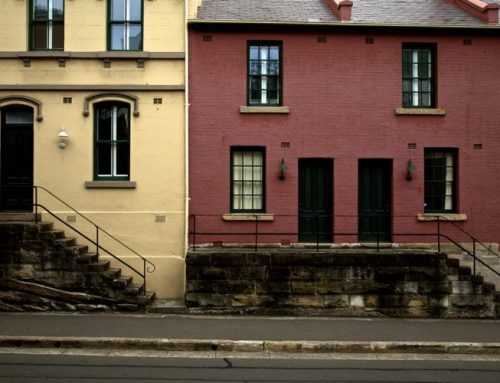When valuing a business as a going concern our goal is to understand the industry in which it operates so as to assess the business’s future maintainable earnings. We were recently involved in assessing some warehouse/export businesses and in particular those exporting Australian personal goods such as hand creams, vitamins and baby foods/milk to China and the Asian markets. Here is some market research on Australian exports of personal and infant goods to China that we had to consider.
According to Austrade, Australia exported a total of $316.6 billion dollars in 2015 down approximately 3% from 2014 (exports of $326.9 billion) of which more than $24 billion is attributable to a fall in the value of exports of fuels and mineral, was partially offset by increases in the value of exports of services, food and manufactures.
After peaking at almost 32% in 2013 China’s share of total exports of goods and services has fallen for two consecutive years. However China remains Australia’s largest export market for goods and services in 2015 with approximately $91.3 billion dollars or 28.8% of total exports.
There are three key factors that have potential to influence the future pace of Australian exports to China being:-
- the future trajectory of Chinese growth,
- the composition of that growth and
- the impact Australia-China Free Trade Agreement (FTA).
Austrade suggests that implementation of the FTA could prove to be another potentially important source of export diversification along product lines given the improved market access it will deliver to a wide range of Australian exports including the agribusiness and services sector.
Austrade suggests that retail sales of skincare and make up products in China reached a year on year growth of 8% and 9% respectively. Australian made vitamins are also well favoured by Chinese consumers who participate in a $17 billion vitamin and health supplement Chinese market according to The Australian. The Australian suggests that milk formula also presents as having very strong demand in China. Private importers and pack and send operations are being created by private individuals to meet the Chinese baby formula market, according to The Herald Sun.
Overall the export of the above products has presented significant opportunities to small and medium sized Australian based exporters which may see a significant mark up on their products in China. For example according to The Australian a popular Chinese e-commerce site Taoboa.com is stocking Blackmores natural vitamin E for $53.45, The Australian found the same 150-capsule in an Australian discount chain for $21.99. According to the ABC Rural in Australia a tin of infant formula may cost around $20, however in China they can pay up to $100 and 90% of them are over $45. This market does put a premium on good quality Australian made products. According to the ABC Rural infant formula demand has grown at a great rate for the last five years, at almost 25% a year. However as of 2015 this growth rate may stabilise to around 8% a year.
We were interested to observe that e-commerce plays an important part in China when distributing Australian products in that market.












